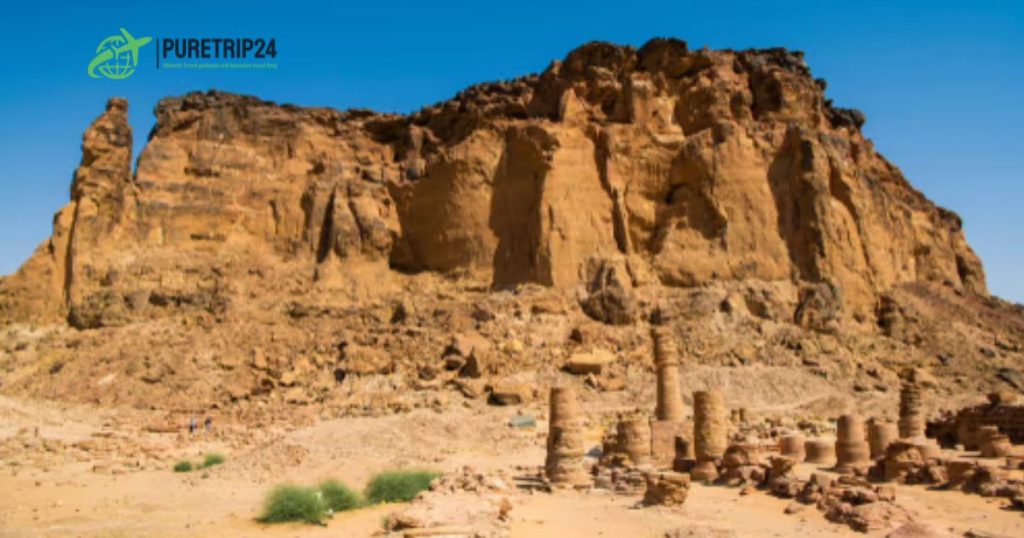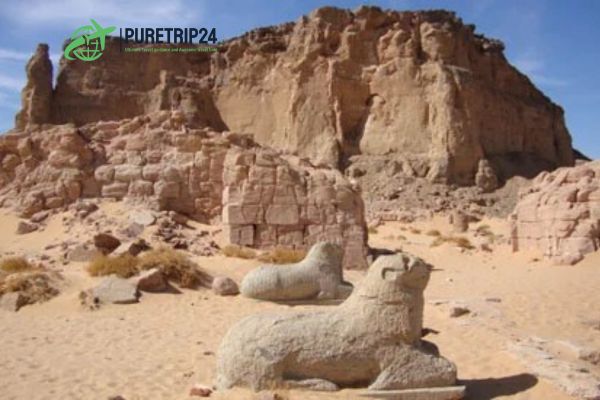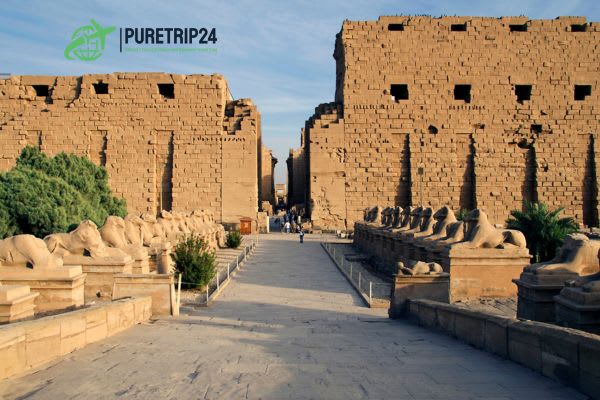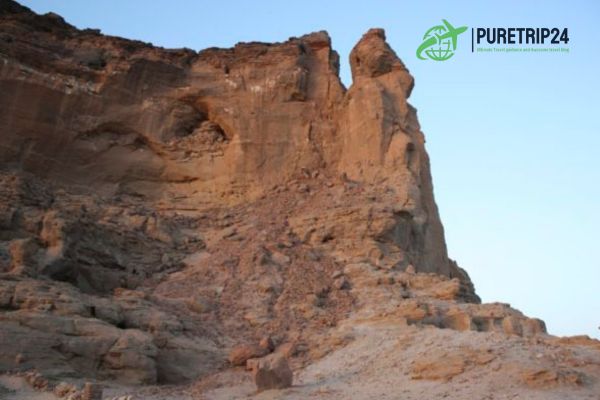Ringed by towering cliffs in northern Sudan, Jebel Barkal is a UNESCO World Heritage Site of stunning beauty and historical significance. Also known as the “Mountain of Power” because this is where leaders from the Kingdom of Kush came to practice religion or have political and religious discussions. In this detailed guide, we will share with you everything from the importance of Jebel Barkal and how to reach it up to fa ew travel tips.

Why Visit Jebel Barkal?
Jebel Barkal is not just some mountain, but an entire museum of history and culture. Hosting beautiful temples, pyramids and the area’s unique geological features give an insight into how Nubians lived here long ago. No matter if you are a history nerd, an adrenaline junkie, or someone who likes photography Jebel Barkal will offer you the experience of your lifetime.
Historical Significance
It was associated with the Pharaohs of Ancient Egypt and Kushite kings who ruled over it from about 800 BC to AD 350. The famous Jebel Barkal mountain, associated with legends and shrouded in mystery was a holy site — it was considered to be the abode of God Amon. Archaeological remains, such as the Temple of Amun and several pyramids which date back to antiquity at this site have led many to consider it a significant location for ancient history enthusiasts.
Stunning Landscapes
There are amazing landscapes around Jebel Barkal as well. Jagged peaks jut out of the desert and rise skyward on all sides, each serving as a dramatic backdrop to hiking. As you make your way along the trails, observe panoramic vistas of the Nile River and the Ubian Desert that invite plenty of photo-taking.
Planning Your Visit
Best Time to Visit

The best period to visit Jebel Barkal, which is open all year round, of course, remains the first two cooler months: from November to February. However, it is a good time of year to enjoy mild temperatures ideal for visiting the area. On the other hand, if you enjoy avoiding huge crowds of people then come in October or March during shoulder season.
Getting There
By Air: The nearest big airport is inKhartoum, Sudan Travel to Karima from Khartoum on an internal flight.
Road: If you are adventurous; the trip may take place by hiring a taxi or driver will be taken place from Khartoum to Jebel Barkal. The road trip is 600 km and provides an opportunity to view the wonderful Sudanese countryside on your way up.
Accommodation
Sadly, not many accommodations lie in Jebel Barkal but nearby Karima offers plenty of hotels and guesthouses heading toward travelers. Popular choices include:
Nubian Rest House: Known for comfortable rooms and warm, great budget option amenities and never-failing friendly staff.
Al Nile Hotel:More upmarket with stunning views over the Nile
Local Cuisine
Le gite a Karima is the perfect place to taste traditional Sudanese food. Local restaurants offer a menu featuring classic dishes like:
Ful Medames — A fun word to say, this is fava bean stew that you scoop up with bread and vegetables.
Koshari — Rice, lentils, and pasta were mixed with bits of tomato sauce on the top.
BamyaFor when you need some protein after a long day of walking– this dish is perfect. An okra stew full of delicious meaty goodness!
Exploring Jebel Barkal
Key Attractions

- The Temple of Amun
One of the Halfa and Dukuriya villages at 4 AM Nature reserve has a ruined village, with the temple to become one of Jebel Barkal’s most important structures dating back to period XVIII Dynasty Egypt. It was covered in detailed carvings and hieroglyphs, that reveal the tales of Kushite kings who worshiped God Amun.
- The Pyramids of Meroë
The Meroë Pyramids (above), not far from Jebel Barkal, are another important archaeological site. These pyramids, with their distinct form and smaller size than the Egyptian variety mark a royal burial site of the Kushite kings & queens.

- Jebel Barkal Mountain
Jebel Barkal is a great place to climb for those into hiking and gives you 360-degree panoramic views of the land that surrounds it. The trek is easy to moderate and takes about 1-2 hours, depending upon your pace.
Local Guides
For even more fun, consider hiring a local guide. Guides can also offer great insight into the history and importance of many sights you might overlook while looking at visuals only. They can also assist you move through the location safely and beneficially.
Travel Tips of Jebel Barkal At Puretrip24
- Dress Appropriately
Due to the hot weather in this region, it is important to wear lightweight and breathable clothes. Just remember to dress modestly (decent clothing) and respect the culture there.
- Stay Hydrated
Dehydration — due to the arid desert climate. Carry out water at all times and when you go hiking.
- Respect the Sites
Like all historical sites, it is important to be respectful of the land. Do not climb on structuresTouch ancient carvings.
- Learn Basic Arabic Phrases
Arabic is not an extremely difficult language but even in tourist areas, many people do not speak English so being able to respond with a few phrases can help you stay safe and show respect for the local culture.
Conclusion
A visit to Jebel Barkal provides an adventurous cultural and historical experience. If you visit this impressive site, you will discover how successful these civilizations were. Jebel Barkal…its landscapes, history, and warm hospitability are surely the reasons why you need to visit.
To find more travel tips and guides visit Puretrip24. Com — All the Ways to Travel the World,
